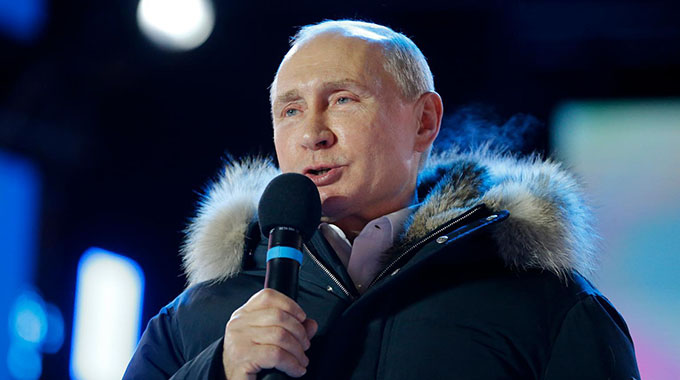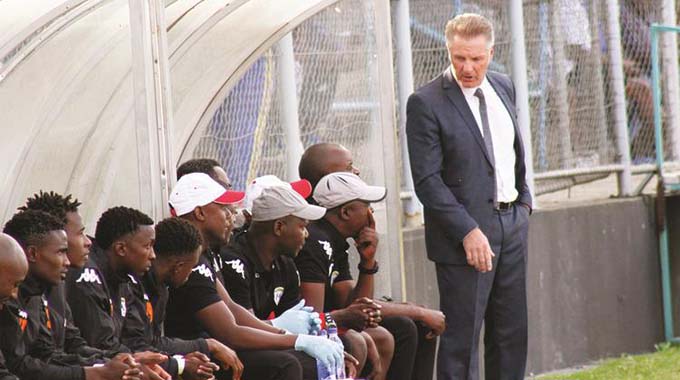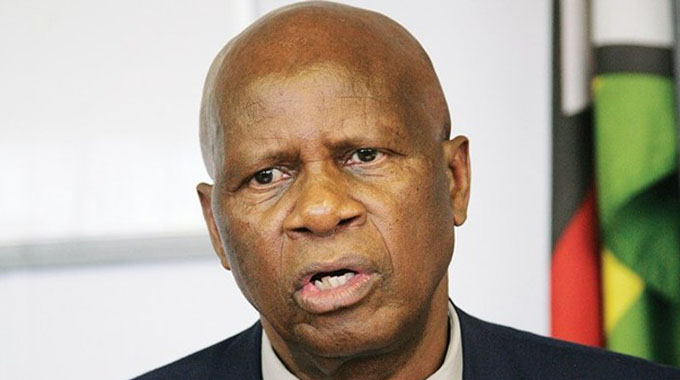Chemical weapons: Russia’s position

Russia has consistently opposed the use of chemical weapons anywhere, under any circumstances. The commitment of our country to the goals and objectives of the Chemical Convention is confirmed by early completion in 2017 – three years prior to the due date – of the national programme for the destruction of chemical weapons arsenals.
We have always supported an impartial and independent investigation of the use of chemical weapons. Russia was at the source of the formation of a Joint Mechanism of the OPCW-United Nations on investigation in Syria, established on the basis of UN Security Council Resolution 2235. Russian Federation voted for the extension of its mandate (UN Security Council Resolution 2319) in 2016.
During the functioning of the OPCW Fact Finding Mission in Syria, the fundamental flaws in its work were revealed, which led to doubt its conclusions. Investigations were conducted remotely without visiting the scene of events, ignoring the basic norms of the Convention on the Prohibition of Chemical Weapons (CWC) on the collection and preservation of physical evidence, the biased information provided by the opposition was taken into account, the data of the Syrian authorities was not taken into account.
All of that has brought the question of reforming OPCW Fact Finding Mission in Syria in practical sphere. But the joint Bolivian-Russian-Chinese project proposed by us at the UN Security Council aimed at extending the mandate of the FFM and bringing its work in line with the high standards of the CWC, was blocked by Western partners – permanent members of the Security Council. They wanted to keep the FFM unchanged in order to continue to manipulate it for their own purposes. Thus, they bear full responsibility for the fact that the mechanism has ceased to exist.
Now the United States, Great Britain, France and some other countries are trying to implement on the OPCW site what they failed to do in New York. They expect to achieve a decision to allocate unaccustomed attributive functions to the OPCW.
The Russian side considers that to be a clear attempt to distort the mandate of the OPCW, to undermine the legal foundations on which it rests. These are destructive ambitions, with which the Russian side strongly disagrees. The only international body besides international courts that can identify the perpetrators and how to influence them when it comes to UN member states is the Security Council.
Instead of promoting destructive initiatives, we suggest that our partners urgently work to strengthen and improve the effectiveness of the OPCW’s field missions to establish the use of chemical weapons in Syria. This structure should finally start functioning according to the high standards of the CWC, and all its activities should be accountable to the governing bodies of the organisation.
By maximising the method of collecting and preserving physical evidence (chain of custody) in the documents of the OPCW, in practice, FFM uses it selectively. In some cases, the mission completely ignores this most important principle, first of all, when it comes to the information provided by the opposition forces to Damascus.
It does not follow its own instructions, which clearly define all the necessary actions. In particular, it says: “If the samples were for some time out of control of the inspection team or there is a suspicion that someone had unauthorised access to them for the purpose of substitution, such tests cannot be taken by the OPCW for verification purposes.” In other words, these samples are useless in the investigation process.
The last two reports issued by FFM (on Al-Lataminah and Saraqib) are typical examples of such approach. For some reason, the main source of data for the investigators were well-known for their provocative activity as pseudo-humanists from the “White Helmets”. On the basis of their “evidence” the evidence base is being formed that the chemical weapons were used by government troops. At the same time, experts from the FFM never went to the places where these incidents have allegedly occurred, and all samples from Al-Lataminah and Saraqib were obtained from the hands of the “White Helmets”. Is it possible in this case to say that the investigation was carried out objectively and according to the canons of the CWC?
The convening of a conference of the state parties to the CWC and the intention to provide the OPCW with attributive functions have nothing to do with the interests of the chemical weapons and pursue narrow political goals. The Russia Federation wishes to draw attention to the danger of this undertaking in advance. According to the CWC, a decision at the conference is taken by thwo-thirds of the conference and the voting countries present at the plenary meeting. The voices of abstentions are not taken into account, and their opinion plays no particular role.
Thus, a fateful decision on the future of the OPCW, on its reformatting and transformation from a strictly technical organisation into a political structure that makes tough decisions against individual states and their leaders, can be made in fact by the will of an aggressive minority of participating states.
Here is an example of how this scheme is implemented in practice. In 2002, the United States decided to remove the Brazilian, Jose Bustani, from the post of director-general of the OPCW Technical Secretariat (who was out of their favour) for which they convened a special session of the Conference of State Parties. 48 members voted for the decision to deprive him of his powers, seven voted against, and 43 abstained. At that time, 145 states were members of the OPCW. Thus, using the indistinct position of many delegations who tried to preserve “neutrality” in this difficult situation, the Americans achieved their goal.
The Russian side wishes to call on countries that for whatever reason will participate in the conference, take into account one important point: their equidistance in voting will have a counter-productive value. “Abstinence” at this time will mean supporting the position of Western countries and facilitating the adoption of the solution they need.
The offer of the West is nothing more than a way to a radical transformation of the OPCW. The state parties to the convention did not sign for the organisation to be used as a tool to define responsibility – not when they joined it, nor later, at the stage of ratification of this international treaty.
Based on their content, including their definition of the competence of the governing bodies of the OPCW, it can be argued that such a full-scale reform of the OPCW paradigm can only be carried out by opening and revising the convention, which is expressly provided for in the agreement itself.
In addition, if a revolutionary reorganisation of the organisation is planned, then the procedure for making a decision on this matter must be special – clearly not the one established by the rules of procedure (two-thirds of the delegations present and not taking the ones who abstained into consideration).
The Russian side suggests to seriously think about the prospect that awaits all of us in case of implementation of such plans and realise the measure of responsibility for the destiny of the OPCW and the convention at this crucial period.









Comments